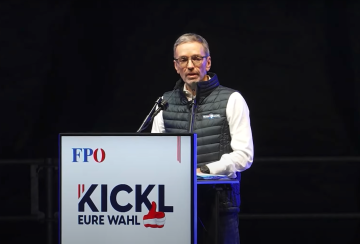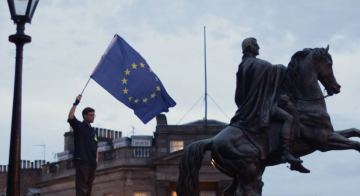Austria may be on the verge of electing its most extreme chancellor since World War II, which would significantly bolster the pro-Putin bloc in Central Europe.
According to The Economist, the far-right party "Freedom Party of Austria" (FPö) has exerted considerable political influence in the recent elections, enabling its leader, Norbert Hofer, to vie for the chancellorship. His party garnered 29% of the vote, allowing him to form a coalition with the center-right People's Party (ÖVP). If successful, Hofer is expected to strengthen anti-immigration and pro-Russian rhetoric within the government.

Hofer is known for his Fortress Austria policy, which advocates for closed borders for asylum seekers and criticizes Brussels for its liberal approaches. His views have already raised concerns across Europe, as they can be perceived as reminiscent of Nazi rhetoric. Additionally, the FPö is an official sister party of "United Russia."

The rise of the far-right on Austria's political scene could set a precedent for other Central European countries. Leaders such as Viktor Orbán in Hungary and Robert Fico in Slovakia already support anti-Western, pro-Russian rhetoric. Upcoming elections in the Czech Republic may lead to the rise of another Eurosceptic, Andrej Babiš, further exacerbating the "Putinization of Europe" trend.
"Austria is a small country with a population of 9 million. It is not a NATO member. A shift to the right there carries much less significance than in France or Germany. But it still matters," the publication states.
Source: economist.